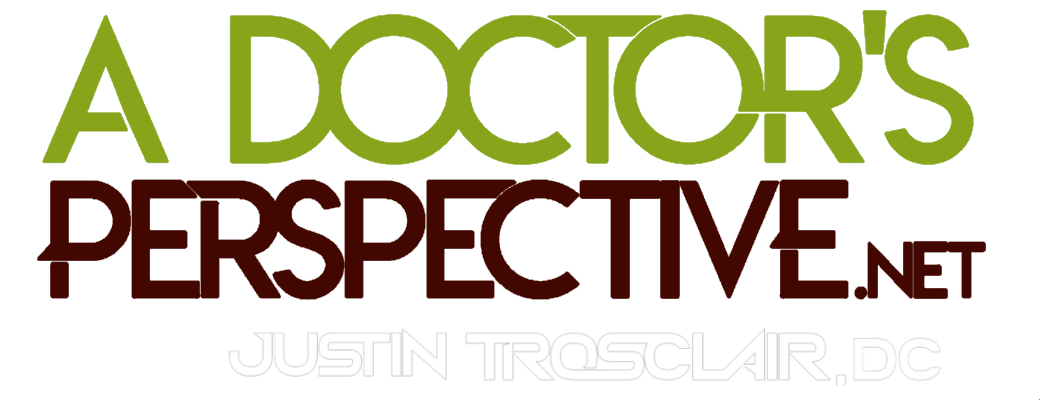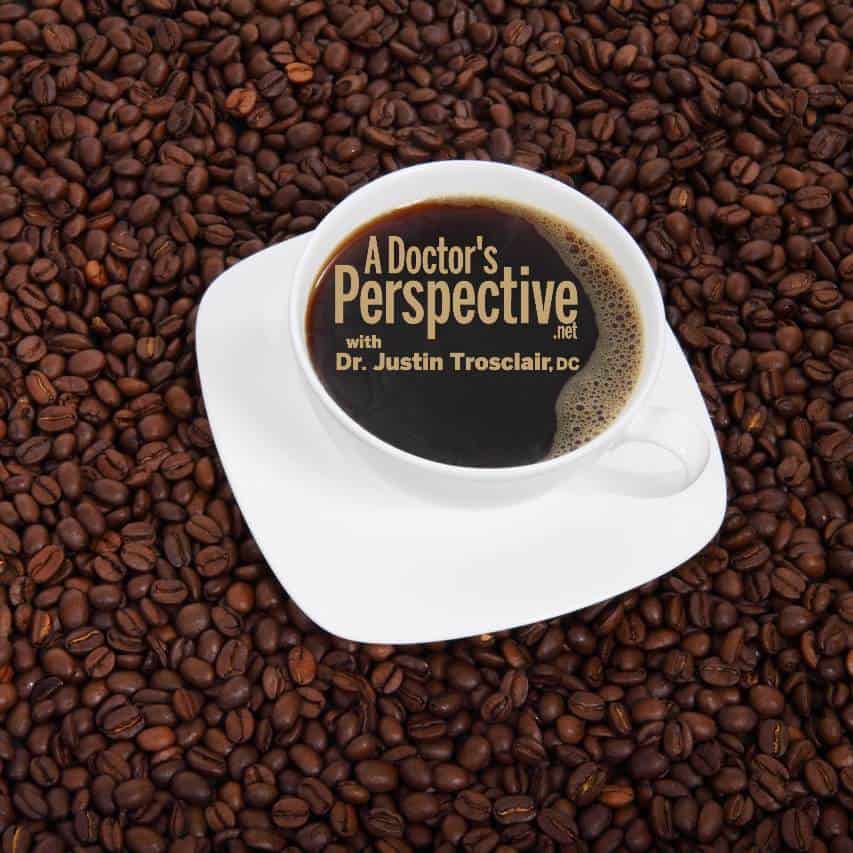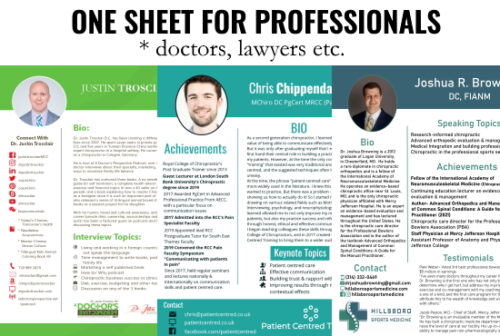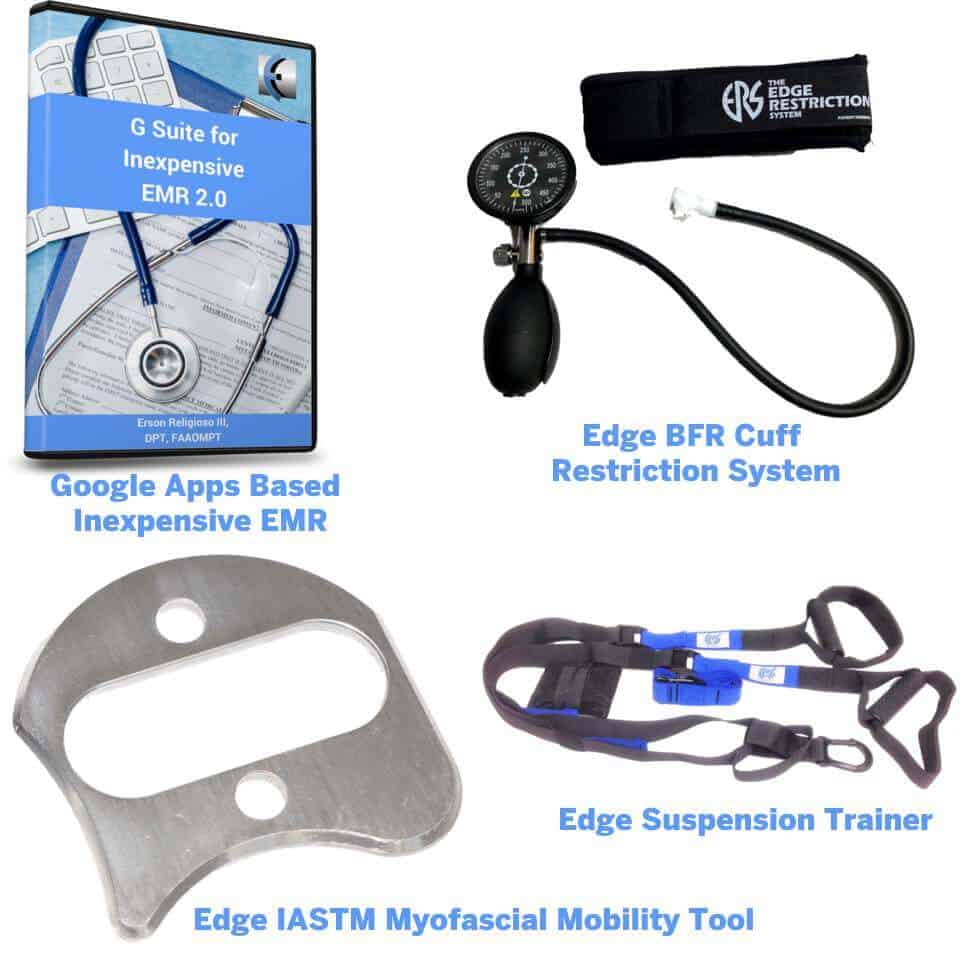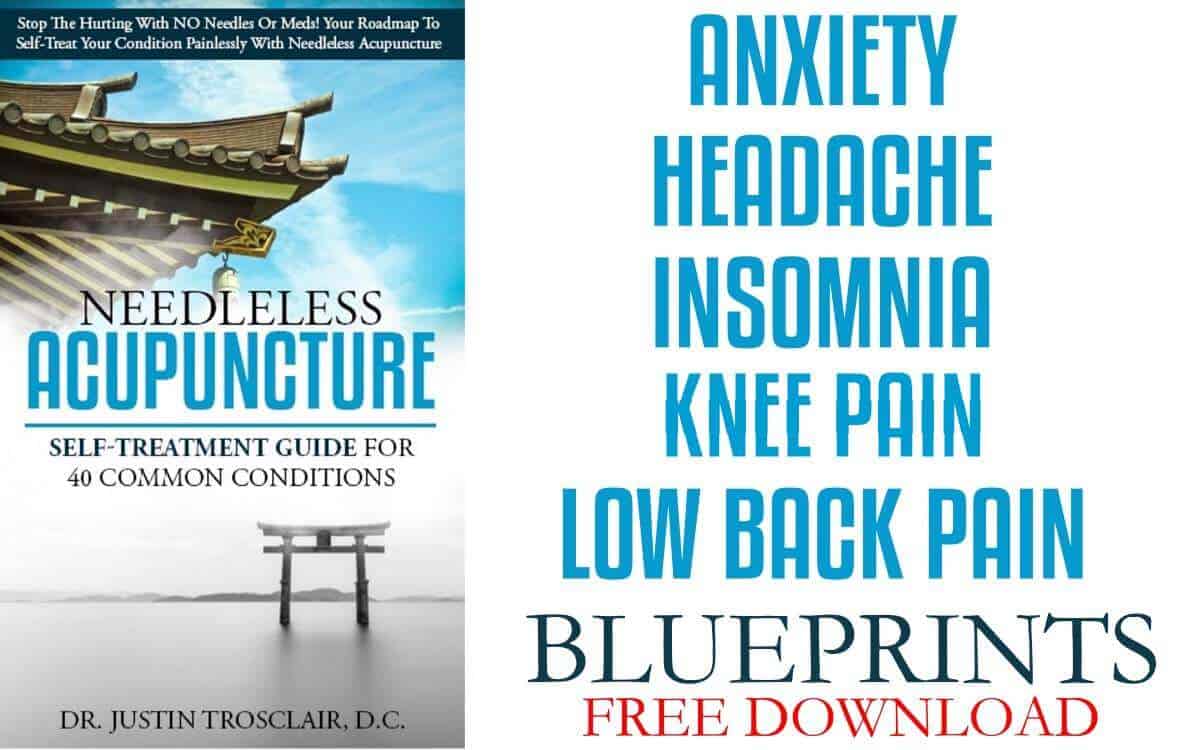Dr. Tyson Franklin Podiatrist talks toDr. Justin Trosclair DC on A Doctor's Perspective Podcast Pivoting…
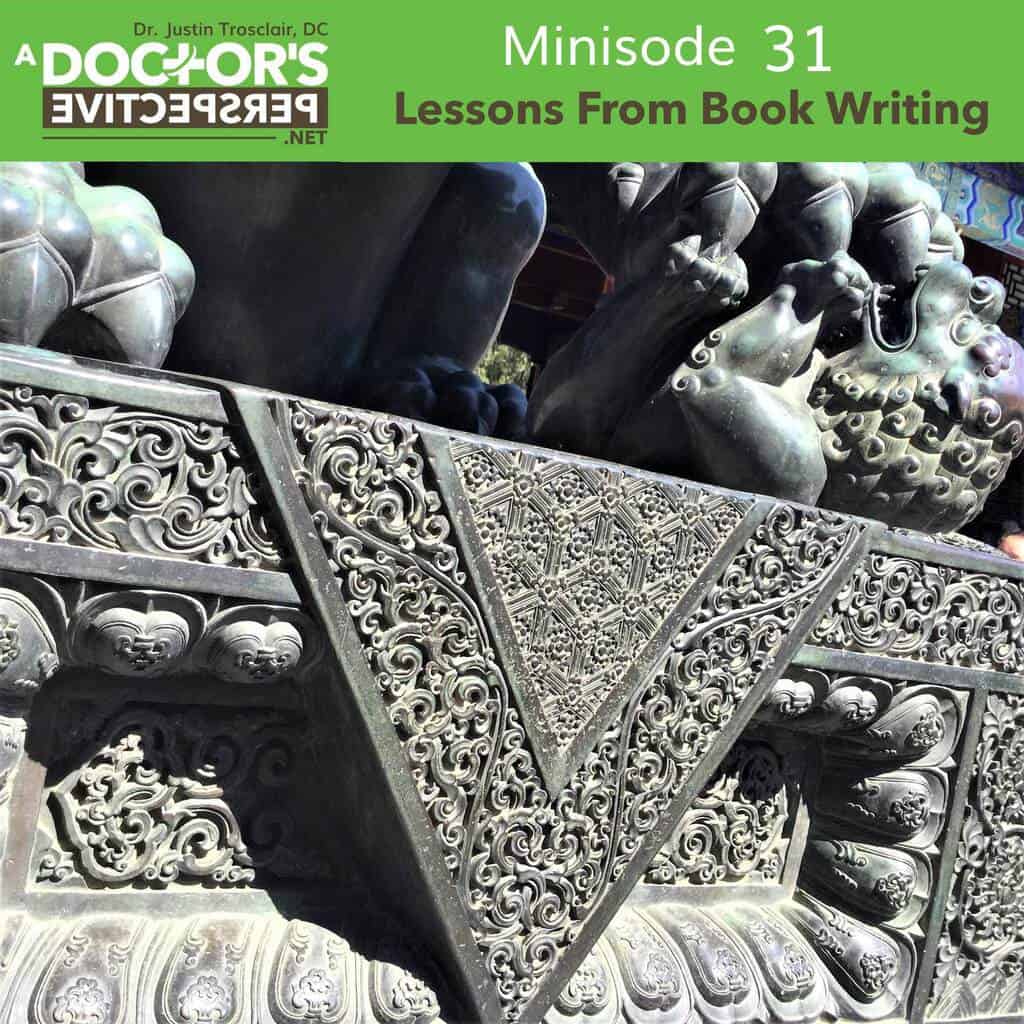
Author tips for book writing: read out-loud, creating intrinsic motivation, cognitive ability variances throughout the day, and writing to your target audience.
Today’s show is with Tim Ferriss, 305, Daniel Pink, he’s the author of amazing books, you know, always long episodes. So I just took the highlights, which you know, obviously are a good bit, but mostly about interviewing and writing books, finding what you shouldn’t do. So here are some of the highlights.
When working his books, he reads them out loud. And he also has somebody else read them out loud because he can hear what sounds bad. Now that’s a labor of love. I don’t know if you’ve ever done it, you know, for like a short paragraph or two. I know I have. It’s like reading and I got it sounds dumb. Okay, let me reword it. And this is just what he does for his entire book several times and his wife like she’s awesome.
And a speech. If you’re writing some for speech, the differences because he was a speechwriter for a while, you can see the crowd’s reaction, and then just make changes for the next one time. Because he was a political writer.
Another thing, this could be good for doctors as motivational interviewing, you can ask from one to 10. Why don’t you want to do X, Y, Z activity? So it’s framing a negative into like a positive? Because you don’t want to do it? Or you think you should do it, but you haven’t done it. So you’re procrastinating. So why don’t you want to do it? What’s your number 10 being the best, I’m going to do it tomorrow, one being is not going to happen.
So if they reply with a three, then you’re follow up question is, well, then why didn’t you rank it lower? and make some think, hmm, it triggers their autonomic intrinsic motivation. Now they can be more likely to do it. So you can ask your patients, you know, are you wanting to get the veneers and you want to get a surgery? What would it benefit you with? You know, why would you hesitate? And how likely are you to do you know, maybe like a three or four? You know, okay, well, why don’t you make it lower like, well, and then they start giving you reasons, you know, and get some motivated,
being completely in control of others is not a good motivator. Because either going to comply with it and get the are you going to deny it, and it’s not going to get done. So there’s a movement these days where like standardized test scores aren’t as important as they used to be. It ain’t there yet. But so the left brain is kind of in charge of that. But the right brain is becoming more important because it brings new and higher thought, and that I heard is what big companies are looking for? Yeah, you got to know the left brain, the algorithms, but how do you apply it into something that’s not even an issue yet, when writing a book, doing a podcast,
try to use an outline, there’s just something to having structure and shape that are important. Now, it could be a two-page outline, just hitting the highlights. But it’s enough to where you can know that you’re on track. So it’s like on a podcast, if you have the solo episode, you know, there’s the next point, here’s the next one. Here’s the next point, I got notes right here to read through.
One thing that he found in his new book when his cognitive ability does vary throughout the day, so you can put on more hours if you want, but you’re still gonna have ebbs and flows throughout the day, typically morning is better than right after lunch. There was a 20% shift in structured exams from students from those who took in the morning versus in the afternoon. 20%. Like, that’s huge when you’re talking about trying to get into college.
And here are some takeaways for both Tim and Daniel, when you’re going to write a book, when you do writing, it’s not when you have ideas ready, but you write to get your ideas ready, you write to figure out what’s in your head, and it was all up in there, it’s kind of here, it’s kind of there, I can tell you that you start writing it down, and then it gets more clear, and it gets more clear. It’s pretty cool. And also, if you have a whole bunch of ideas, you always got them down like one note, or on a piece of paper, and you start noticing, like, Oh, I got a lot of stuff on this topic, but that it made that its folder, then one day go through it. Let me start writing. Let me try to put some thought behind this and research, figure it out. And you might find out like, hey, it’s a really good article. It’s a 20-page article, maybe I can get that published somewhere. But it’s not a book. I said, A books on marriage, write an article just get us dating for a while.
And they were talking about like, some people write an amazing article is published in a national magazine, and they get a book deal out of it. And then it’s like, yeah, that wasn’t enough for a book, and it kind of waters them down a little bit. And one thing they also mentioned, when you’re looking at investing your time or money into a new project, whether it’s a tech project, whether it’s you want to buy a piece of equipment, that’s like 80 grand,
u’re not sure if you can be able to me, I can market it enough, I’m going to get enough people on board, I gotta charge three times my normal price for this for them to use it. I don’t know if I can do it. The point is this,
can you write the final press release? before you even get started? So before you-you know, do all this stuff? Could you write a press release, saying what it is the summary of how it’s awesome, who’s it for, and all of that before you can get started? And if you can’t, then you’re not there yet in your higher thinking.
And then Tim said he gets invited to review sites like all the time, you know, tech startups and things and he go, look, if only 1000 people signed up, what exactly are their demographics, the activities do they like, etc. Because like, I can read it as Tim. But if you’re looking for single females at 30 to 38 years old, who are a minority, that’s a very different thought state of mind that you’re trying to put yourself in to review a site, right?
And the last thing, we’re gonna have failures, you’re gonna have disappointments, you know, you’re gonna write a book that’s not good. You’re gonna buy a piece of equipment that wasn’t good. You’re not gonna get everybody better. But anyway, when you have these, write down the lessons learned. Now there’s a whole lot you can go into that about, you know, are you even trying to get lessons learned?
I know, like, when I was going through my divorce, I joined a, there’s a book called rebuilding by Fisher, and they have all these group classes, you can get in there. And it’s like 30 hours of people you don’t know and all going through like a divorce and you share about a bunch of stuff. You work through the book, and you get this homework and all this. And it forces you to process all the different stages that you’re going to go through, you know, grief, anger, you know, all the other ones that are there. Lots of everyone is like 10 weeks. So if you don’t do that, what are you going to learn from it? Oh, I hate my wife raw. She’s the reason why we’re divorced, raw. Okay, what did you What was your contribution to the divorce? What was your contribution to this issue?
anyway, so the point is to write down the lessons learned, you might discover some things about yourself that you like, and it changes it. And I’ve seen it play out in other scenarios, too. And that’s not good, that affects other areas of my life. And then you can work on reading books, going to counseling, different things to try to fix that. So there you have it.
As always, refer a friend, tell a friend, tag us on social media, and if you have any ideas of topics I should do, please let me know. We just went #behindthecurtain.
if you are into instrument-assisted soft tissue manipulation, I got two different products that I like pop grips an edge and go to www.adoctorsperspective.net/hawkgrips or www.adoctorsperspective.net/edge , and you can get 10% off of your orders, which is pretty awesome. And if you don’t remember, just go to the resources page on the website, and you’ll be able to find those things easy.
Transcribed by https://otter.ai
The transcript of the show is automatic and will have grammar and
punctuation errors. If you would like to make the shownotes flawless, please send me the corrected version and I will copy and paste it: thanks in advance.
Show notes can be found at https://adoctorsperspective.net/m31
here you can also find links to things mentioned and the full transcript.
